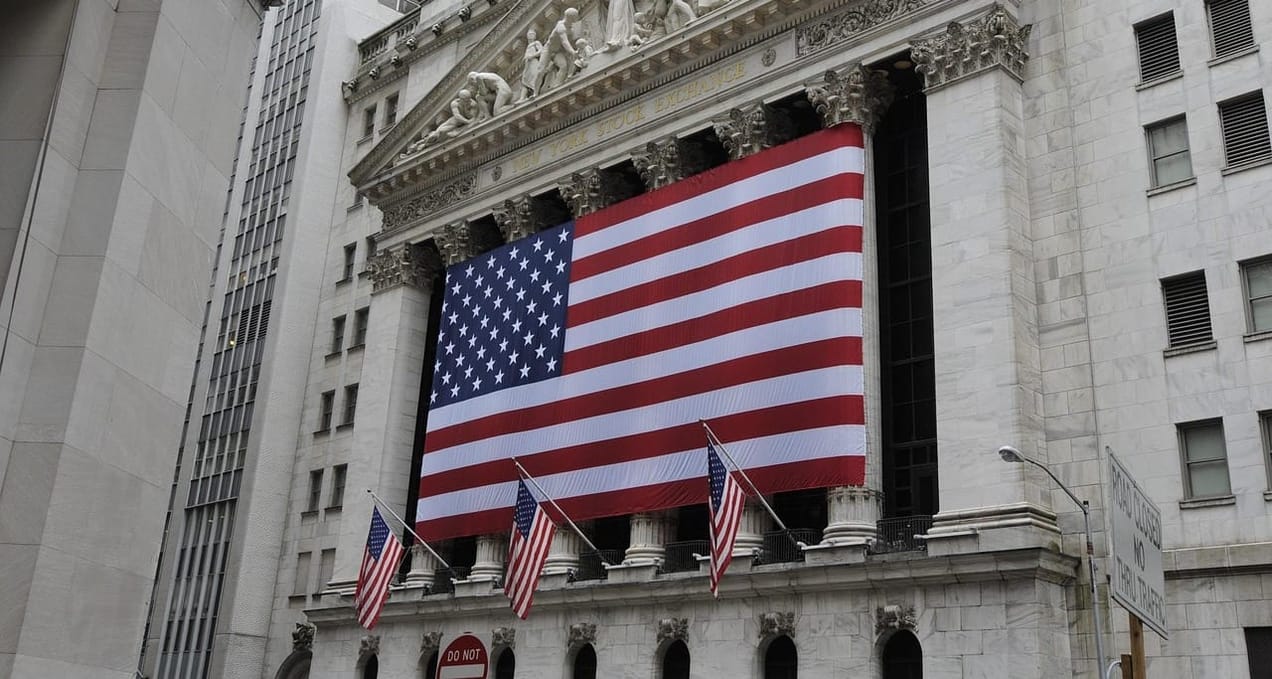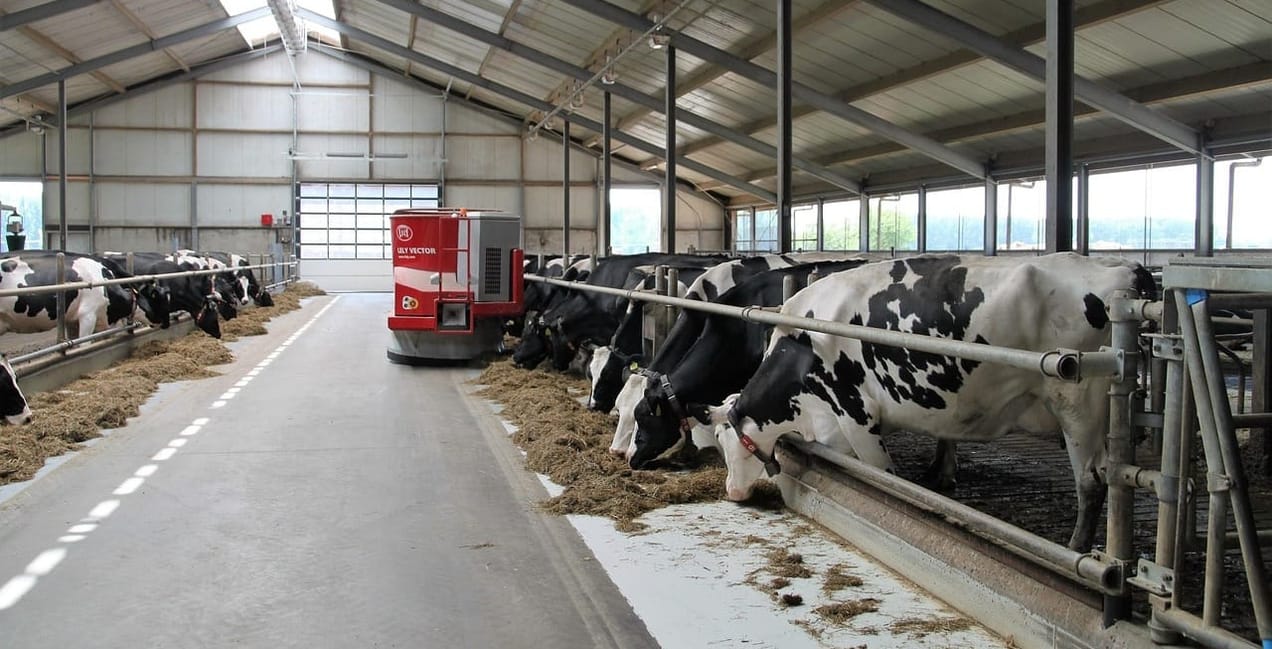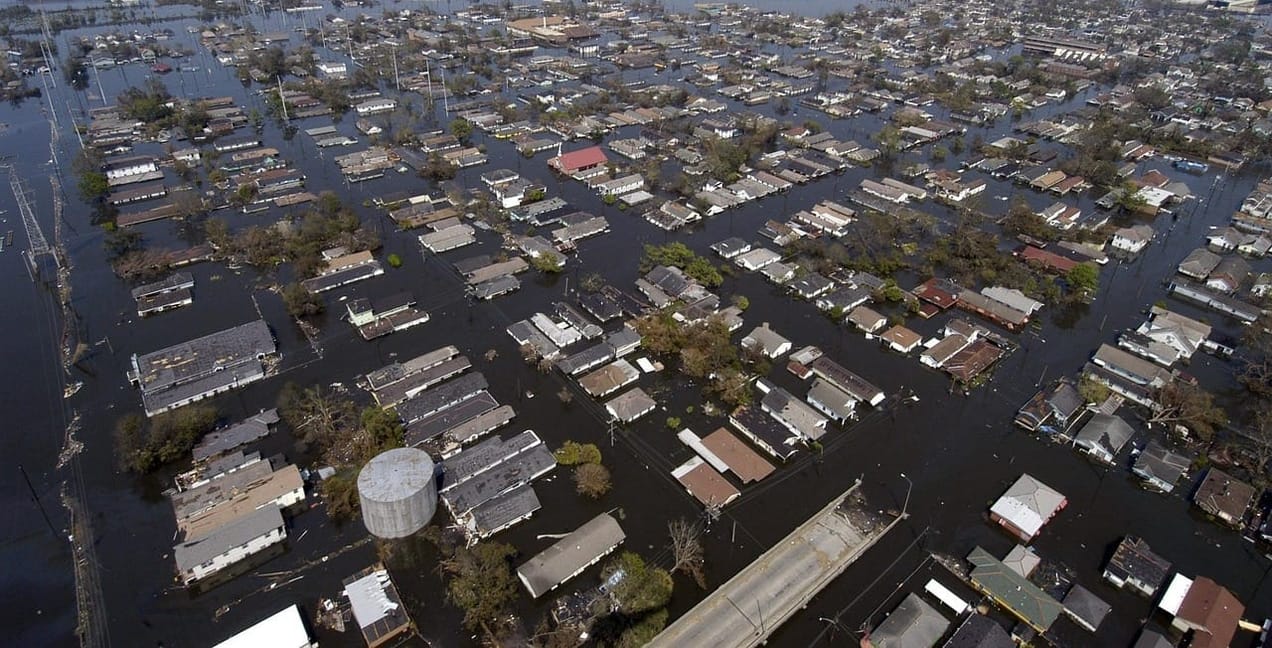Thematic Thoughts
Real world sustainability linked changes and what they might mean for companies and investors
Sunday Brunch: Sustainability, market pricing and canaries
Many people think that financial markets are not yet fully pricing in climate and other sustainability risks (& opportunities). How might this change? One possibility is time. The other is that early warning systems like insurance and debt costs kick in - these could be our canary in the coal mine.
Sunday Brunch: fruit & vegetables and the very real climate risk
Disruptions to supply chains create a financial hit for companies in the food industry, especially if their competitors had planned ahead. Climate change will lead to disruptions, especially in countries already suffering heat & water stress. It's better to start planning for this now not later.
Sunday Brunch: what do asset managers really care about?
For asset managers generating financial returns for their clients is not enough. It's more important that they 'beat the index'. Which means that as well as caring about valuation, they also really care about what 'the market' thinks. This can fundamentally change their response to sustainability.
Sunday Brunch: Climate adaptation is bigger than you think
It's easy to forget that as well as investing in renewables and EV's, we also need to invest to protect our economy (or company) against the negative impacts of climate change - what is commonly called climate adaptation. This is mostly to keep people cool, and to keep agriculture producing.
Sunday Brunch: Returning to burbing cows
We know that ruminants (mostly cows) are responsible for a big chunk of our methane emissions. As investors, who should we expect to act to reduce this, and how? And if it's not companies, should they still prepare for a lower meat/dairy future?
Sunday Brunch: Forecasting is tough but necessary
Like most of you I am rubbish at forecasting. Which is a problem if you believe (as I do) that the future will not look like the past. Extrapolating history can result in us investing in industries in decline. The good news is that we only need to get the direction of travel right, not the detail.
Sunday Brunch: a financial perspective on sustainability
The financial implications of the sustainability transitions are becoming more important than ever. Over the last few years the pushback to sustainability has grown. We argue that the best counter is using the logic of long term value creation. Plus of course good old fashioned political lobbying.
Sunday Brunch: Is timber our building secret weapon ?
Timber is a great building material. One target is using more timber as a structural material, which requires some new thinking by engineers. We need new design approaches, including a greater re-use of reclaimed timber. But timber is never going to fully replace concrete & steel.
Sunday Brunch: how does human capital make a difference?
We know that 'people are our biggest asset' but how do we include this in financial investment cases? Traditional financial accounts give only part of the picture (the result), not the how & the why. A framework from Felix Oberholzer-Gee at HBS can help us think about human capital like an investor.
Sunday Brunch: Should I invest in electric buses ?
Living as I do in Europe, the shift to electric buses looks strong, capturing a growing share of the new bus market. But from an investor perspective is this the full picture. Yes & No. Other questions we also need to ask - how many existing buses are electric, and where are the sales happening?
Sunday Brunch: Is self insurance a hidden investor risk?
We are increasingly reading about how many private insurance companies are massively increasing premiums, or withdrawing from some markets altogether. In some cases the government is taking up the slack, but in others it's companies via self insurance. Is this a risk investors should worry about?
Sunday Brunch: Is shifting meat consumption possible?
This is not a question about whether it is possible for humans to prosper by eating less meat (we know that is possible). It's more about how we might get to this outcome, given that our economic system currently has conflicting objectives around the price of food vs our health & environment.











